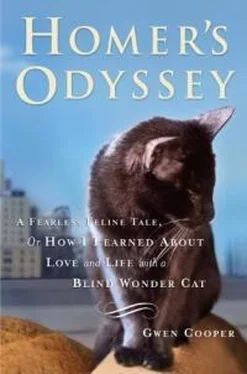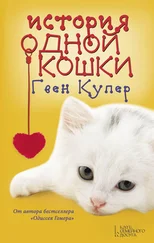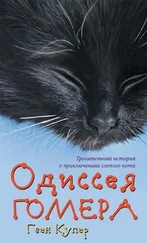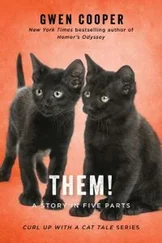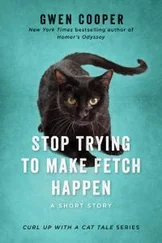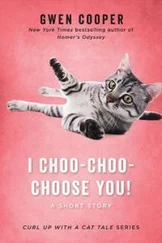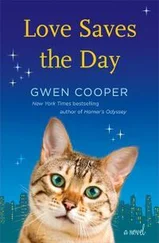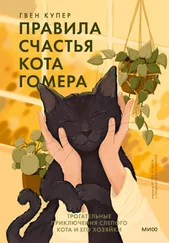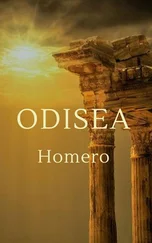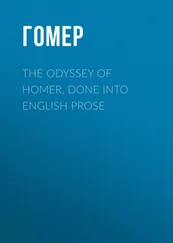I had never thought of myself as a person who was attracted to a set physical type. Looking back, though, I realize that most of the boyfriends I had—the ones I would have called serious—more or less conformed to a particular physical template. They tended to be tall and skinny, underfed looking, with dark hair and eyes, large noses, and ears that stuck out farther than they probably should. These men were literary or artistic—or, at least, frustrated artistic or literary types—and we would have long, intricate discussions about books and politics. They were shy and a bit awkward, and were always surprised that somebody as outgoing as I was was also as interested in books and politics as they were.
Laurence was barrel-chested, with short, stocky legs that looked so strong, it was as if they had been cast in iron. Wrestler’s legs, I would have called them. His eyes were blue, and sometimes, if he wore a shirt of a particular light blue shade, you’d swear that you’d never seen anything bluer. You couldn’t say if his features were large or small because they were so elastic. Look through my own photo albums and what you’ll see is a series of identical smiles aging as the years progress. I’ve seen hundreds of photos of Laurence, and I have yet to see any two in which he wears the exact same expression. I always, from the first time I met him, loved to look at his face, but for a long while the symmetry of it—the reduction of it to a simple collection of features—was too elusive for me to get a fix on. Laurence’s mind and his face together moved so rapidly, I had a sense that they presented a challenge I might not be up to.
It wasn’t as if I sat down and drew up this list of reasons why Laurence and I couldn’t be a couple. I’m just trying to explain why Laurence, despite the strong first impression he’d made, was immediately and almost irretrievably slotted into the category of Boys Who Are Friends But Not Boyfriends. My reasons for thus categorizing him were largely unconscious. As our friendship grew and people occasionally asked why we weren’t a couple—and they did—I always felt a vague surprise. It seemed so obvious that the two of us were destined to be the best of friends.
IT WAS A friendship that was initially slow to develop. I knew, the first night we met, that he was somebody I wanted to be close friends with—talk-every-day, see-each-other-constantly kind of friends. But that wasn’t something that happened right away.
For one thing, Laurence was the kind of person who’d retained just about every friend he’d made since nursery school; arguably he didn’t need another one. And then, of course, there was his girlfriend. Benign as my intentions may have been, I wasn’t naïve enough to think that a close and hasty friendship with a single woman he’d met five minutes ago, as it were, might not cause some friction. You don’t live with three cats without learning something about respect for territory. Laurence and I met from time to time at group dinners or special occasions—engaging in the kind of energetic, laughter-filled conversations that always left me with a lingering regret that I didn’t see more of him—but that was all. Andrea and Steve were married in May 2002, and as we posed for formal photographs Laurence told me I looked beautiful in my bridesmaid’s dress, and that was the last I saw of him all night.
A few weeks later, Laurence and his girlfriend broke up. I was giving Homer his monthly nail trimming (which was always an ordeal, Homer being fiercely resistant—far more than my other cats—when it came to anybody touching his claws) when Laurence called with the suggestion that the two of us go to some independent film he particularly wanted to see. Laurence was passionate on the subject of film—his knowledge was encyclopedic, but he wasn’t a guy who did nothing more than spit out dry statistics about who had directed or written or starred in every movie ever made. Laurence had a keen eye for camera angles, narrative arcs, character development. He could find beauty in something as minor as the specific pattern in which a director had chosen to shoot glass falling from a broken window. And he loved it all—even the silly stuff, the ridiculous comedies or shoot-’em-up action films that self-conscious intellectuals often eschewed. I loved that Laurence was “geeky” about something; I was geeky about things, too. And I liked that he knew so much about something that I knew very little about. I learned things from him.
Laurence was a writer and editor for a well-known film industry trade publication. Part of his job was interviewing actors and directors, many of whom were living legends who had shelves filled with every award under the sun. In listening to tape recordings of these interviews, you could tell how much they loved speaking with Laurence about film. You could hear it in their frequent laughter, or constant noting of, “Wow … that’s a good question. Nobody’s ever asked me that before.” Interviews that were scheduled to last fifteen minutes typically stretched to an hour and a half or longer.
I was overjoyed when Laurence called and asked me to see a movie with him, and I phoned Andrea to tell her of this development. It wasn’t until after the movie, when we were seated in a Moroccan restaurant in the East Village and Laurence asked about my family, that it occurred to me that perhaps he’d meant this to be a date? But he didn’t try to kiss me, or hold my hand, or make any other overtures toward physical intimacy, and I brushed the idea from my mind. I think I was able to do it so easily because I wanted to; I thought of Laurence as a potential friend, not as a potential boyfriend, and I was too eager to establish our friendship to allow it to disintegrate before it even began for that most banal of reasons—that we’d tried dating each other and found it didn’t work.
That it wouldn’t work was something I was so sure I knew, I didn’t even bother asking myself the question. Neither one of us was exactly a kid anymore, and how many successful relationships did we have between us? It was a risk I wasn’t willing to take—not with Laurence.
OUR FRIENDSHIP PROGRESSED over the next three years, and eventually came to be as close as I ever could have wished for. We talked on the phone several times a day, every day, and saw each other at least once a week—which, given how frenetic life in New York could be, was saying something. There was nobody, not even Andrea, whom I saw or spoke with as frequently as I did Laurence. When, early in 2003, I finally landed a permanent position in the marketing department of the company that published Rolling Stone and Us Weekly magazines, it was Laurence, and not Andrea, who got the first phone call.
Laurence was probably the first person to become important in my life without meeting Homer. This was not a conscious plan on my part and had more to do with the realities of life in New York. South Beach was a small town (consisting of only one square mile), and was the kind of place where friends dropped in on you at odd hours just to hang out. Manhattan was enormous, a town that encouraged efficiency and forethought plans. It was a city where you met people at the place you would be going to, rather than meeting first at somebody’s home and then proceeding out. People did occasionally come by my apartment just to kill time or watch a movie, but those were friends whose apartments were smaller and less comfortable than my own. Laurence—with all the luxury of a huge living space—had the most comfortable apartment by far of anyone I knew. On those occasions when we got together to relax on a couch over a pizza or a bottle of wine, it was always at his place.
Not that it was crucial for Laurence to meet Homer—it wasn’t as if I planned on marrying him or anything.
Читать дальше
